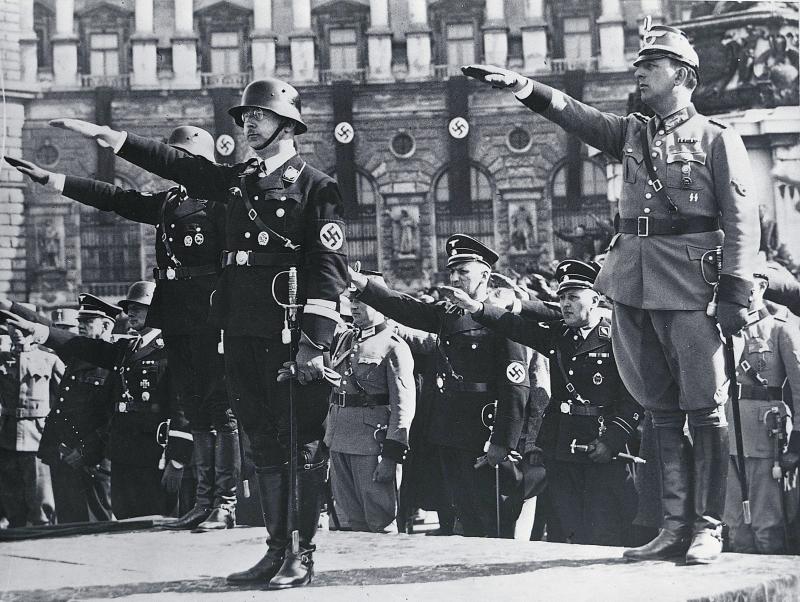The decision came last week, as the government in Israel insisted that the use of the word ‘Nazi’ is nothing else but a weapon of mass destruction, the equivalent of an Iranian nuclear bomb, a threat from which Israel should protect itself.
Many people in Israel use the word ‘Nazi’ when they want to really offend someone. It is most often used as a vicious curse, usually addressed to a person, could he be a cop, or a soldier or a newly elected official, who isn’t trusted by the people or who, in their opinion is just a bully. Keret, who’s parents survived the Holocaust in the Second World War, finds the usage of this word “offensive and infuriating”. However, most of the people in Israel think it is stupid and juvenile to be incriminated for the use of a word. They see the new law as fascist and anti-democratic, two words which are also considered offensive and insulting and this is the reason why, Keret believes, soon enough someone would try to outlaw this two words as well.
The author of “Suddenly, a Knock on the Door,” tried for one second to imagine a new Israel but one very similar to the old one. An Israel where the sun shines, an Israel with golden beaches and roadblocks in the territories, with rockets destroying towns, killing people, but an Israel where the usage of the words ‘Nazi’, ‘fascist’ and ‘anti-democratic’ is prohibited by law. Do you think that state of Israel would be a better place than the current one.
Try to imagine again. This time imagine an Israel where the word ‘Nazi’ is accepted but where the government insists on signing a peace accord and they change their attitude towards Palestinians, who are viewed as “shrapnel in your butt”, according to Naftali Bennett, economy minister, the New York Times reports.
And again, imagine an Israel where the government turns to African refugees’ and gives them the attention they need, instead of locking them up and calling them names such as “cancer” or “infiltrators”, together with other offensive and racial names. How did this imagination exercise work for you? Which of these new states of Israel would you like to live in?
Of course you would go for the one that brings peace and harmony among its people, which fights for peace and protects human rights, regardless of who you believe in, the color of your skin or whether you are a man or a woman. Following the end of the Second World War, Keret’s father, “who had to hide in a damp pit” for 600 days, told him the two lessons he learnt during the war. First was that after all the suffering and the pain Jewish people had to endure, they should do whatever it take to remain strong and never again “find themselves at the mercy of others.”
The second is that Jewish people have to be even more careful when it comes to offensive behaviour, “must be more careful than any other people to avoid the slightest hint of racism and persecution in their own conduct,” said Keret.
